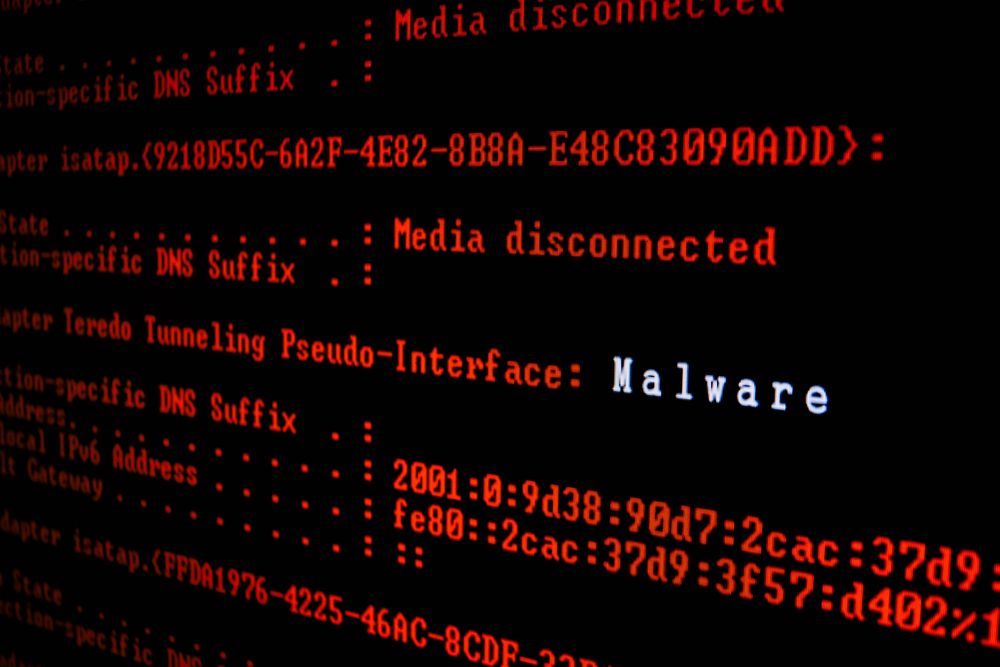'BendyBear' APT malware linked to Chinese government hackers
Security researchers warn that the malware’s anti-analysis techniques make it exceptionally difficult to detect


Security researchers have warned of a new malware strain linked to cyber attacks on governments in East Asia.
According to researchers at Palo Alto Networks, the malware, dubbed “BendyBear,” is “one of the most sophisticated, well-engineered and difficult-to-detect samples of shellcode” used by a hacking group. Researchers believe it’s related to the WaterBear malware family, which has been active since as early as 2009.
The malware is associated with the cyber espionage group BlackTech, which has links to the Chinese government. Researchers said they believed the group behind this new malware is responsible for recent attacks against several East Asian government organizations.
The malware was identified by its connections to a malicious C2 domain discovered by Taiwan’s Ministry of Justice Investigation Bureau in August 2020.
Researchers said the malware’s sole target is to download a more robust implant from a command and control (C2) server. They added this kind of malware is normally small, but BendyBear has over 10,000 bytes of code and uses its size to implement advanced features and anti-analysis techniques, such as modified RC4 encryption, signature block verification, and polymorphic code.
The malware hides from cyber security analysis by explicitly checking its environment for signs of debugging. For example, the malware loads payloads directly into memory and not on a disk, meaning it’s leaving behind no traditional fingerprints for threat researchers and security products to find — thus making it exceptionally difficult to detect.
It also uses polymorphic code, changing its runtime footprint during code execution to thwart memory analysis and evade signature identification. BendyBear also hides its connection protocol by connecting to the C2 server over a common port (443), in essence, blending in with normal SSL network traffic. In addition, the malware clears the host’s DNS cache every time it attempts to connect to its C2 server, making the host resolve the current IP address for the malicious C2 domain every time.
Sign up today and you will receive a free copy of our Future Focus 2025 report - the leading guidance on AI, cybersecurity and other IT challenges as per 700+ senior executives
It also uses an existing Windows registry key enabled by default in Windows 10 to store configuration data.
Researchers said that BendyBear shellcode contains advanced features that are not typically found in shellcodes.
“The use of anti-analysis techniques and signature block verification indicate that the developers care about stealth and detection-evasion. Additionally, the use of custom cryptographic routines and byte manipulations suggest a high level of technical sophistication,” added researchers.
Rene Millman is a freelance writer and broadcaster who covers cybersecurity, AI, IoT, and the cloud. He also works as a contributing analyst at GigaOm and has previously worked as an analyst for Gartner covering the infrastructure market. He has made numerous television appearances to give his views and expertise on technology trends and companies that affect and shape our lives. You can follow Rene Millman on Twitter.
-
 Gender diversity improvements could be the key to tackling the UK's AI skills shortage
Gender diversity improvements could be the key to tackling the UK's AI skills shortageNews Encouraging more women to pursue tech careers could plug huge gaps in the AI workforce
-
 Researchers claim Salt Typhoon masterminds learned their trade at Cisco Network Academy
Researchers claim Salt Typhoon masterminds learned their trade at Cisco Network AcademyNews The Salt Typhoon hacker group has targeted telecoms operators and US National Guard networks in recent years
